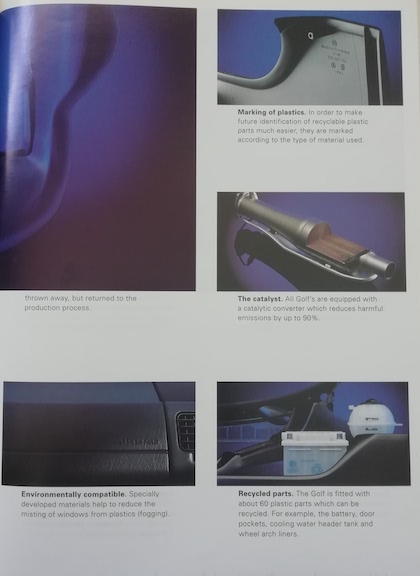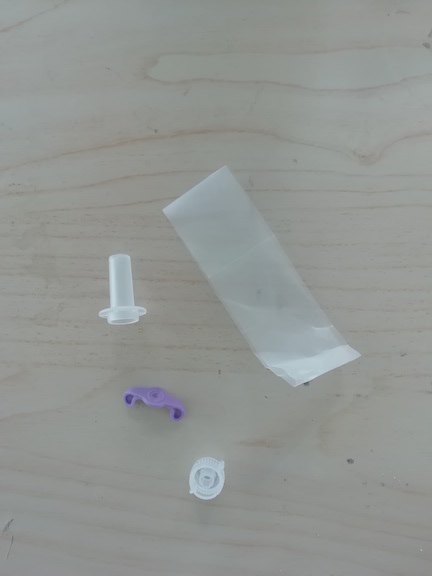
Plastic. The savour of our modern times. A material that will keep produce clean and safe. A substance that can be made into all sorts of shapes for safe storage of items around the home and garden, garage and office.
Plastic is everywhere. It’s a very useable material. It’s also incredibly long lived and is thrown away by the ton every minute of the day.
Have you tried to go plastic free? I’ll be honest, I haven’t. Until suppliers stop using it, I can’t stop using it. That said, I do recycle what l can. I even wash it before I pop it in the bin. Sounds like common-sense but you’ll be surprised by how many people don’t!
Home owners are being targeted by their use but so too are car manufacturers. They are seen as some of the worlds worst polluters. Trouble is, they are not. Attend any car launch, read any motoring journal and they all talk about “sustainability” and use of recycled plastics.
Volvo are pioneering this movement the hardest at the moment. They are going for and trying to use more and more recycled plastics in their manufacture.
Twenty years ago, being seen as green and environmental loving was loved by all but then it sort of slipped out of favour.
And vehicle manufactures have been quick to develop new working ways. VW also had a go back when the Mk3 Golf was new. 60 parts were made with recycling in mind when the car came to the end of its life. Some of it was black plastic. Ironic then that your black pots from the garden centre can’t be recycled but that’s for another day.
So you can’t really blame the manufacturer of cars for the terrible use and waste in motor manufacturing. A setting where plastic waste is rife is within the healthcare settings. It is astonishing just how much gets thrown away.
While there is a need for plastic in the sterile settings, some of it isn’t needed. Catheter care and associated parts NEED to be sterile but not all the parts for enteral feeding, for example do.
In setting up a feed, there are eight plastic parts. All of these get thrown away. They are all rather small and one to one, quite insignificant. Now times that by 1000 enteral feed users and it soon mounts up. But there are more users out there than 1000. So you can see the problem. And then there are the several plastic syringes that are used by each patient.

And then it gets worse when it comes to pill popping. Many healthcare settings have large A4 sized blister packs. Each pack contains 28 pockets and often hold just 1 pill. Now, take a hospital ward of 26 beds and the average of each patient being on 3 meds 4 times a day. That’s 312 A4 packets of clear plastic thrown away each month. Now times that per the hospital average of 10 wards and it adds up to tons of wastage.
Sadly hospitals and other healthcare settings neither have the staff, time or funding to develop a policy for recycling. It’s not a simple case of throwing it into a big recycling bin. All patient identifying date has to be removed first for confidentiality.
Imagine removing 312 stickers! It’s no fun. And then there are the blister packs that you have at home, backed by foil.
So before you go ripping into the manufacturer of the motor vehicle as the killer of the planet, think about what you are doing as you pop out that paracetamol from that non-recyclable plastic and foil blister pack.
Opinions expressed in this article may not reflect those of THEGAYUK, its management or editorial teams. If you'd like to comment or write a comment, opinion or blog piece, please click here.



